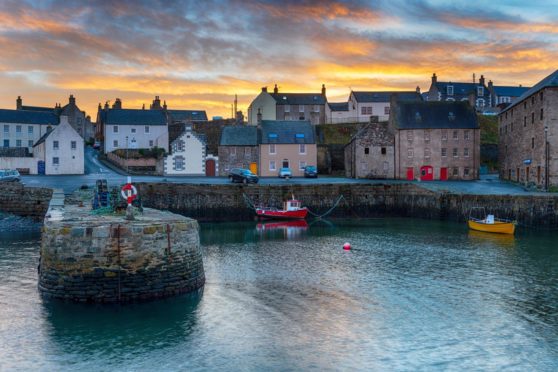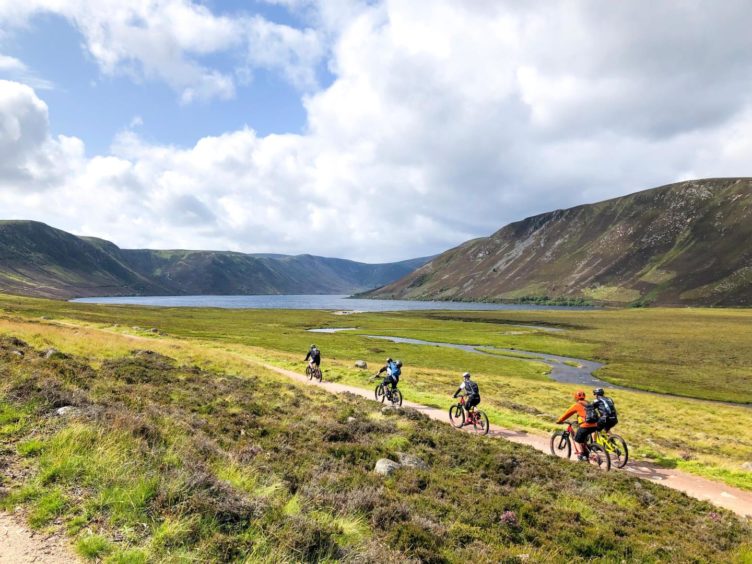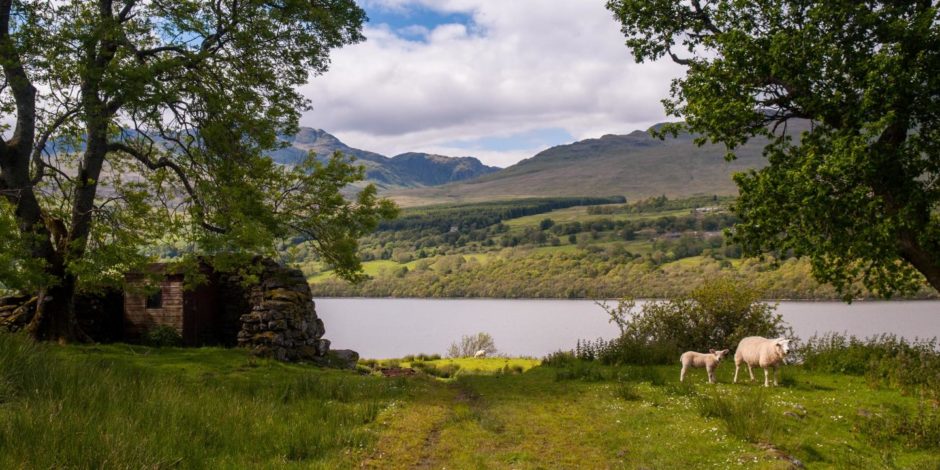“Devastating” is how VisitScotland describes the impact of Covid on tourism – but the Scottish economy is now in recovery and confidence around travel is slowly returning.
The pandemic and subsequent lockdowns changed the way we lived, worked and travelled. One positive that has emerged from Covid is the revival of the Scottish staycation as we discovered a new love for the cities, towns and remote locations right here in Scotland. Many of our getaways in this country have been assisted along the way by organisations like Airbnb, which operates a global online marketplace for accommodation.
As Amanda Cupples, Airbnb’s general manager for Northern Europe, points out, something major has happened as a result: “Covid had a seismic impact on us as a business and for hosts on Airbnb, it was particularly challenging, but there is a positive, as we are now experiencing the biggest travel rebalance this century. It is very exciting.”
“Travel is changing, which is a real positive, because the ways people are living, working and travelling are blurring. Because we have been ‘locked in’ in the UK, we have embraced domestic staycations. Research by Airbnb shows that the number of guest reviews mentioning ‘remote working’ on Airbnb.com has increased by 520% globally year over year*!”
The rise of staycations is, and will continue to, help rebuild the local economy in Scotland.
Tourism dispersal and rebalance
For Scotland, in particular, there has been a “dispersal of tourism” recently, i.e. people travelling to different places. And the changing behaviours of guests on Airbnb means that they are not only visiting cities for a short stay (which was common pre-Covid). In fact, the average number of nights have increased substantially while longer term stays (28 nights or more) have doubled between 2019 and the first quarter of 2021, according to Airbnb.
Lesser known Lowlands
In a bid to address ‘tourism rebalance’ in Scotland, Airbnb is encouraging Scots to visit lesser known areas of the country as the majority opt to visit Edinburgh or the Highlands. The global online marketplace currently has a campaign running to specifically promote the Scottish Lowlands. This is good news for the north east, as Angus, Moray, Aberdeenshire and Banffshire all straddle the Lowlands boundary.
Amanda explains why the Lowlands was a focus: “The Lowlands are often overlooked but there are unique stays there including distilleries, bookshops and a Dark Sky Reserve. Edinburgh and the Highlands are amazing, but they don’t have a monopoly on the Scottish magic.”
In fact, the Australian-born Northern Europe manager has a personal affiliation to Scotland as she explains: “Scotland is a very important part of the world for us, both domestically and internationally.
“Scotland is important to me both professionally and personally; it is very close to my heart. I am originally from Melbourne and some of the Scottish coastline is very similar to that of Australia and reminds me of home when I visit.”
How can people contribute to economic recovery in Scotland?
As Scotland’s recovery programme is now well under way, we all have a part to play in rebuilding the economy so we can begin to attract the pre-Covid £677 million-a-year that Airbnb brings into Scotland.
Airbnb’s North Europe manager explained how we can contribute to this: “Travellers could consider lesser known destinations, you could search more flexibly: opting for different types of accommodation, like a treehouse, for example.”
She added that it’s all about “connection” and “belonging” – two things Airbnb is built on: “Airbnb is not only about connecting and belonging with each other but also with the local community in which you are staying, too.”
“Open your mind and connect with your host, they love hosting and have a wealth of knowledge about the local area. Immerse yourself in the area and get to know the local people.”
Covid may have inspired local travel for guests, but it has also inspired others to become hosts on Airbnb and rent out their properties, or a room in their home, to top up their income.


